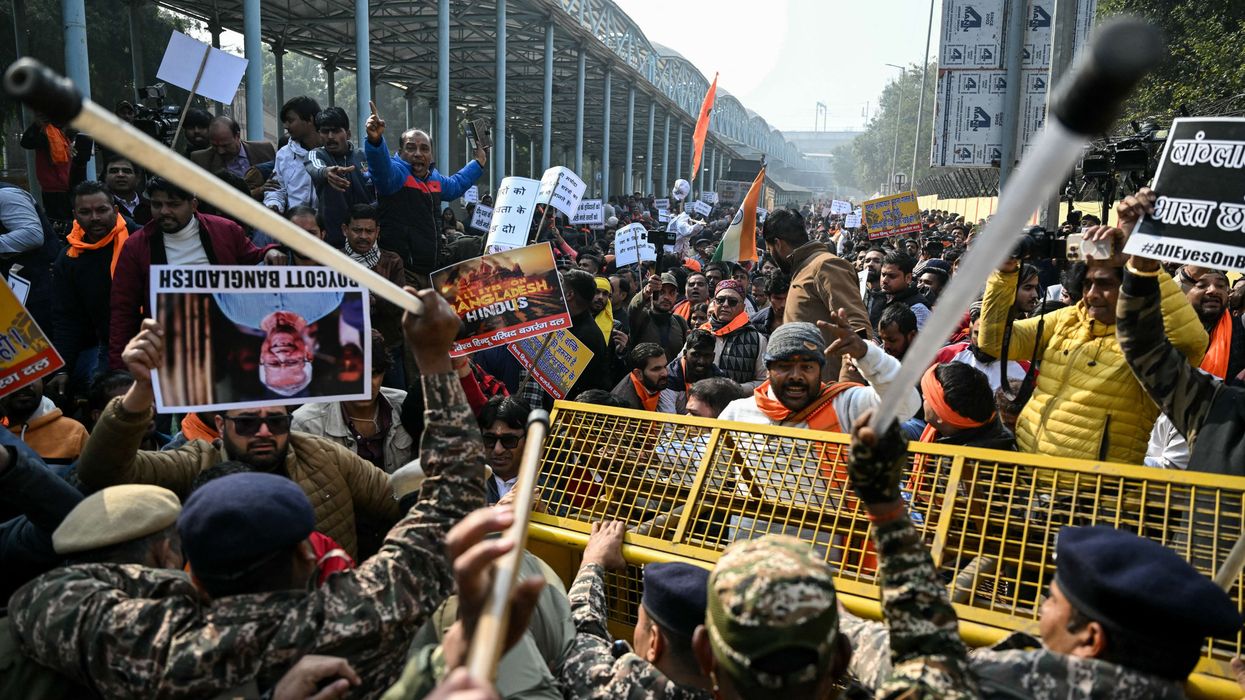A Bangladeshi woman barred from becoming a marriage registrar because she is female vowed on Thursday (14) to fight for her dream job after the High Court said women would face "practical difficulties" conducting Islamic weddings.
Ayesha Siddiqua has waged a six-year battle with authorities to become a registrar, culminating in last week's knockback from the High Court, which she plans to appeal.
"I was very sad when the verdict was announced. We have women working in all sectors including the police," Siddiqua told the Thomson Reuters Foundation.
"Why can't they become registrars?" the 39-year-old said by phone from her home in Phulbari, northern Bangladesh.
"This is not just about me. I see so many other women who have finished their Alim (exams), but are just sitting without jobs. This is why I want to continue this challenge."
Siddiqua's quest to become a registrar began in 2012, when a committee proposed she become the next registrar of her homeland.
That application was rejected by the law ministry two years later, prompting Siddiqua to take her fight to the courts.
The latest High Court verdict, released last week in full, cited a raft of practical hindrances to any woman being a registrar, be it crossing waterways to conduct weddings or not being able to enter mosques during menstruation.
LEGAL - BUT NON-EXISTENT
Islamic weddings in Bangladesh are conducted by regional registrars appointed by government.
It is not illegal for a woman to become a marriage registrar - but there are no women doing the job in Bangladesh.
All registrars must graduate from a recognised madrasa or Islamic school and live in the region where they would work.
Siddiqua fulfilled all those requirements so her rebuff on "practical" grounds angered women's rights groups.
"On the one hand, the government talks about promoting gender equality, and then the law ministry takes such a disappointing decision," said Shireen Huq, founder of Naripokkho women’s rights group.
"The court's decision ... is a huge step backwards."
Salma Ali, president of the Bangladesh National Woman Lawyer's Association, urged an open debate on the issue.
"If women can be marriage registrars in other countries, why can't they be appointed in Bangladesh?" she asked.
Bangladesh's law minister refused to comment, saying he had not read the full verdict.












